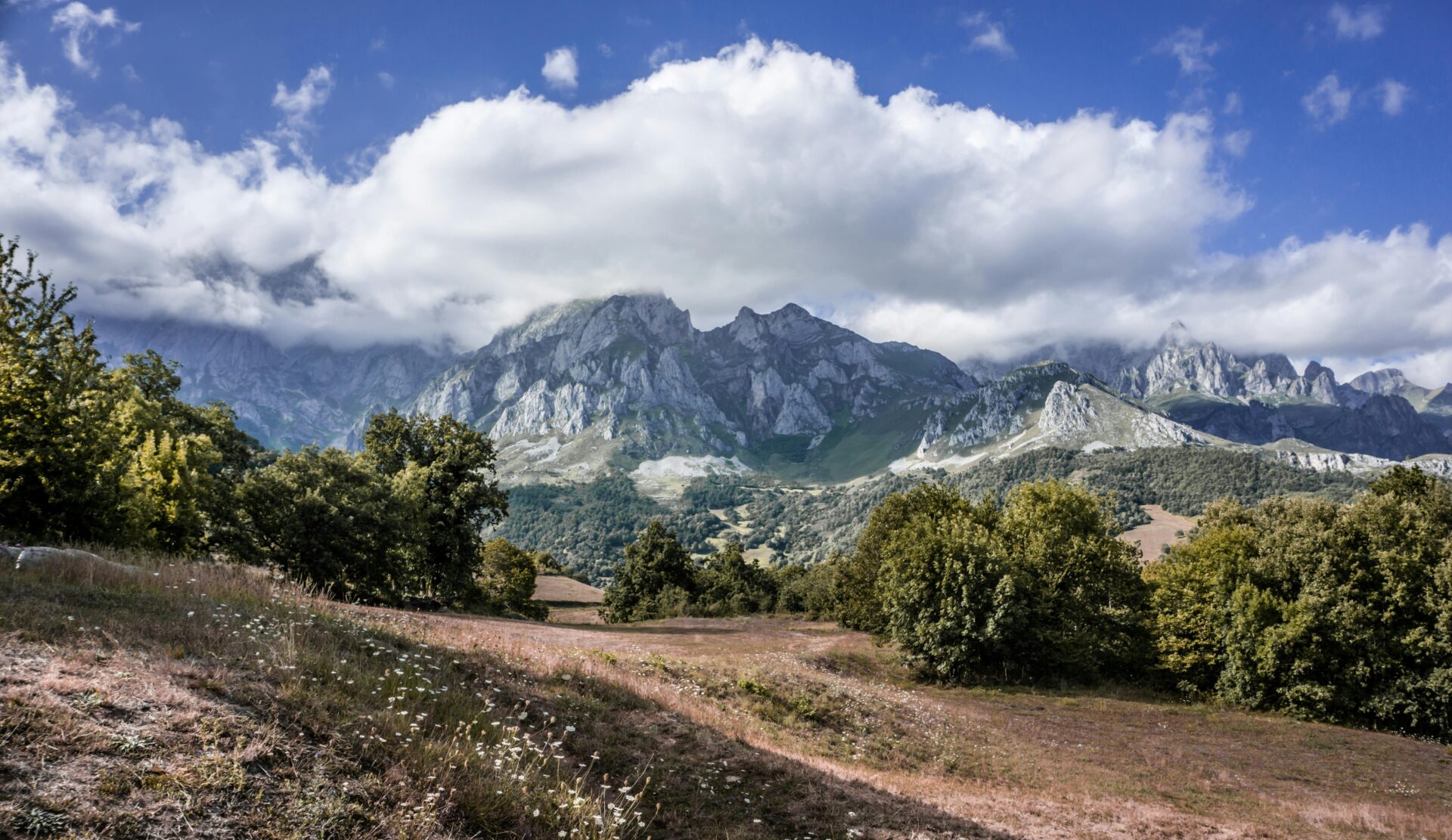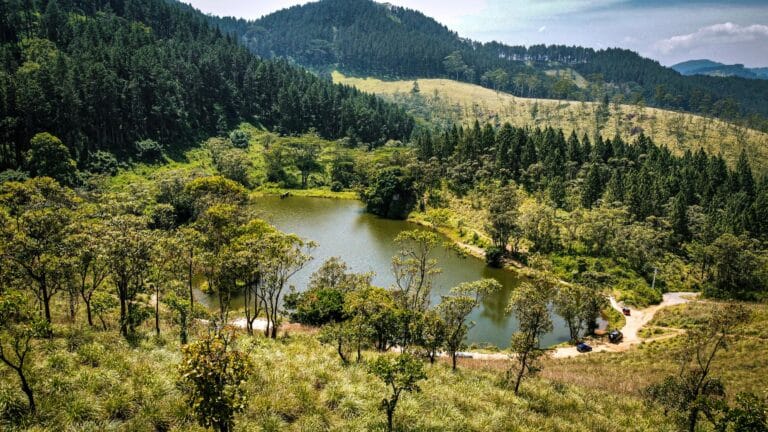If you consult the dictionary, you’ll find the definition of undeveloped land to be a property that has not been built on or used for farming. But that doesn’t explain all the benefits, uses, and hidden costs of investing in an undeveloped plot of land.
In this guide, we’ll not only explain what undeveloped land is but also walk through its advantages and disadvantages, helping prospective buyers make a smart and rewarding purchase.
What Is Undeveloped Land and Why Does It Matter?
What is undeveloped land? Undeveloped land, also called raw land, is an affordable and versatile real estate opportunity.
Unlike many residential and commercial properties, undeveloped land has no buildings or structures, has not been cleared, has not been used for agriculture, and lacks any kind of man-made improvements. Undeveloped land can be connected to access points, but it does not have any roads or paths itself.
If you prefer not to start from square one, undeveloped land is not for you. But, for landowners interested in saving money, personalizing land completely to their goals, and optimizing a long-term investment, undeveloped land is a strong choice.
Key Benefits of Buying Undeveloped Land
Undeveloped land has many advantages, whether you intend to use it for farming, ranching, a homestead, and/or recreation. Benefits include:
- Affordability – Undeveloped land has lower upfront costs than developed property, as there is nothing on it to appreciate the value.
- Flexibility – Since the land is empty and untouched, there is massive potential for future use.
- Privacy – Undeveloped land is usually off the beaten path (literally), providing a higher degree of privacy in the great outdoors.
Overall, undeveloped land is a long-term investment, with significant opportunities for growth and appreciation.
Common Uses for Undeveloped Land
With undeveloped land, the world is your oyster. Popular uses include:
- Agriculture – Undeveloped land is a low-cost way to start a farm. Look for acreage with fertile soil and natural water sources.
- Hunting – Without any human interference, undeveloped land abounds with wildlife.
- Recreation – Recreational outdoor activities include camping, hiking, snowmobiling, kayaking, and fishing.
- Residential development – Build a homestead for you and your family, or “flip” the property by building a house and re-selling the land.
- Commercial development – Investors can take advantage of the low upfront costs to use undeveloped land for a business, industrial service, or even a parking lot.
With control fully in your hands, you can bring your vision to life in any way you wish.
Hidden Costs of Buying Undeveloped Land
So far, it almost sounds too good to be true. When buying undeveloped land, don’t forget to factor the following additional expenses into your budget:
- Property taxes – All land is subject to property taxes, but undeveloped land often qualifies for substantial deductions.
- Maintenance – No matter what you’re using it for, undeveloped land requires a certain level of upkeep, such as weed and pest control.
- Utility installation – To get on the grid and enjoy utilities like electricity and running water, you’ll need to schedule and pay for installation.
That said, the above doesn’t include the costs of land clearing, construction, or permits if you proceed with development.
How to Assess the Investment Potential of Undeveloped Land
How do you know if an undeveloped plot of land is a worthy investment or savings sinkhole? Working with local professionals will help estimate the long-term value of undeveloped land.
First, you must review zoning laws and regulations to determine what the land can be used for. Then, consult a rural land professional to gauge future appreciation, market trends, and resale opportunities. A real estate agent with knowledge of the local land market will provide invaluable insight.
Why Work with Professionals When Buying Undeveloped Land
Paying an expert upfront will save you time, money, and headaches down the line. When buying undeveloped land, we recommend hiring professionals, such as:
- Land surveyors – A surveyor helps you mark the exact boundaries of your undeveloped plot, and they can also analyze the topography of the land.
- Attorneys – Lawyers can help review tiles, deeds, zoning regulations, permits, and other legal matters.
- Real estate agents – Find a land specialist near you who knows the terrain, can negotiate prices, and will help close the deal.
Find the Perfect Plot of Undeveloped Land
Undeveloped land is a valuable investment with many unique benefits.
Head to Land.com to browse thousands of listings for sale on the nation’s leading rural land marketplace. Filter undeveloped land for sale by price, acreage, and more to find a property that aligns with your goals.
Streamline the process by working with a Land Pro, a rural land expert in your area. Our network of verified real estate agents is the best starting point for purchasing undeveloped land.
Have a plot of raw land you’d like to sell? You can also add a listing on our website today.
Sources:
Cambridge Dictionary. Undeveloped land. https://dictionary.cambridge.org/example/english/undeveloped-land.
Schmerling Financial Group. Tax Deductions for Investments in Raw Land. https://www.sfg-planner.com/blog/tax-deductions-for-investments-in-raw-land.


